Special thanks to John Gunstad, professor with the Department of Psychological Sciences at Kent State University, for speaking with us about his cutting-edge research on how losing weight affects brain function. Following is the transcript of the video: Here’s what losing weight does to your body and brain. During the first week, you may find it easy to lose weight by simply switching to a healthier diet. But as your metabolism adjusts, you won’t burn as many calories as you used to. So losing additional weight will become harder. Making matters worse, as the fat melts away, you’ll start to experience an increase in appetite. After a meal, fat cells release a hormone called leptin into the bloodstream. This surge in leptin levels signals to your brain you’re full and should stop eating. But with less overall fat, people who lose weight show a measurable dip in leptin. Brain scans of obese patients who had lost 10% of their body weight revealed that less leptin leads to increased activity in regions of the brain that control our desire to eat. The result isn’t just an increased appetite but an even stronger urge to eat fatty, high-calorie foods, because your brain is trying to restore the body’s leptin levels to normal. However, fighting that early impulse to gorge on pizza and donuts is worth it in the long run. Besides the decreased risk of heart disease, hypertension, high cholesterol and type 2 diabetes, scientists studying overweight people discovered that losing just one pound of body weight reduces four pounds of pressure on knee joints. Losing excess weight also reduces strain on the blood vessels, increases blood flow to the brain, and boosts overall brain function. Several studies have shown that people who underwent weight-loss surgery saw an improvement in memory, concentration, and problem-solving skills in as soon as three months. Plus, brain scans indicate that people who lost weight and kept it off for nine months reacted differently when shown images of high-calorie foods than before they lost the weight. The brain regions that process reward, motivation, and taste didn’t react as strongly, whereas the areas that promote overall self-control had a boost in activity. So fighting those cravings early on might make them easier to control later. Turns out — like anything else — losing weight can get easier with practice. —————————————————— #Weight #WeightLoss #TechInsider Tech Insider tells you all you need to know about tech: gadgets, how-to’s, gaming, science, digital culture, and more. Subscribe to our channel and visit us at: http://www.businessinsider.com/sai TI on Facebook: https://www.facebook.com/techinsider TI on Instagram: https://www.instagram.com/tech_insider/ TI on Twitter: https://twitter.com/techinsider INSIDER on Snapchat: https://insder.co/2KJLtVo —————————————————— What Losing Weight Does To Your Body And Brain | The Human Body
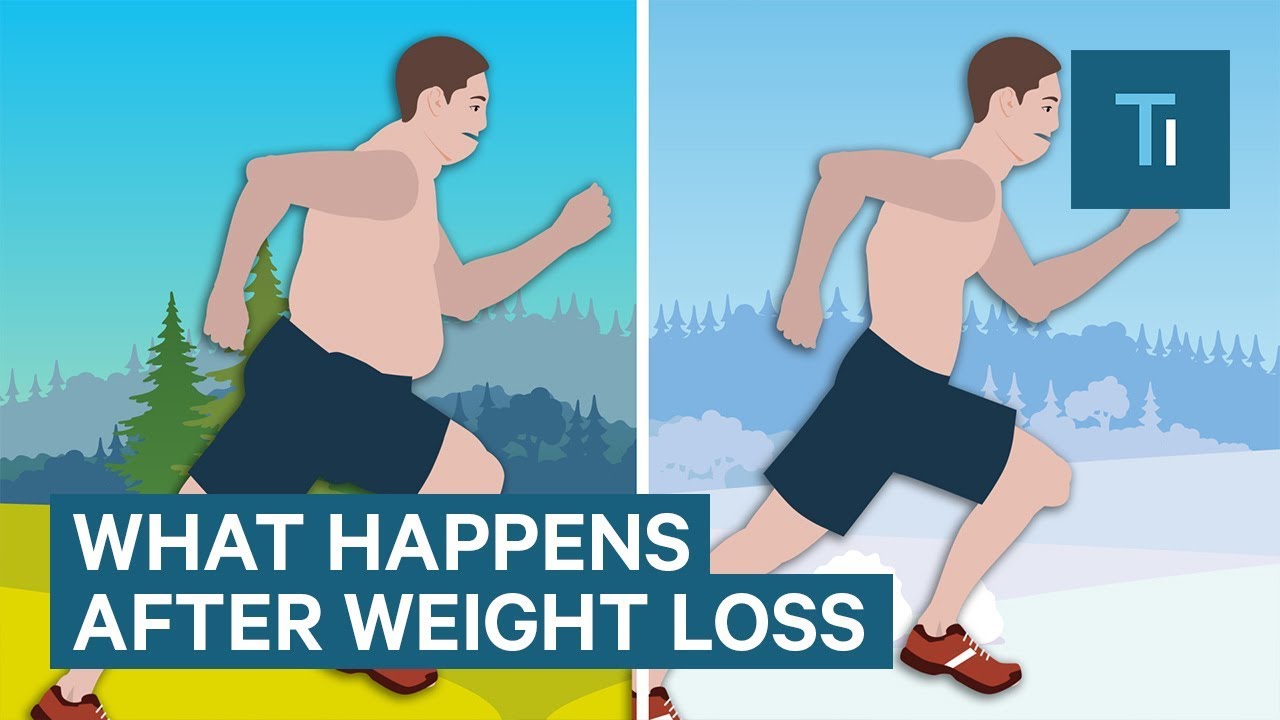
What Losing Weight Does To Your Body And Brain | The Human Body
- Post author:
- Post published:June 2, 2021
- Post category:Uncategorized
- Post comments:0 Comments
You Might Also Like
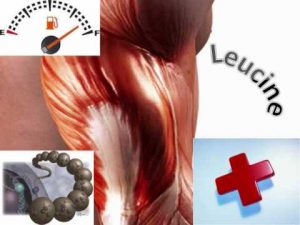
BCAA (Branched Chain Amino Acids)
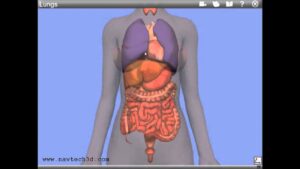
Interactive 3D Internal Organs

Instructional FItness – Cable Curls
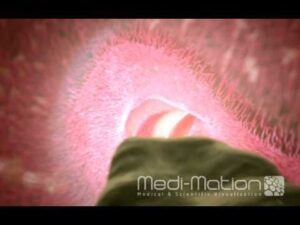
Digestion Animation – Six Parts Water

How to Do a Crunch | Ab Workout
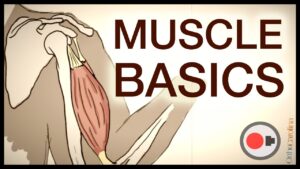
Muscle Basics: What Athletes Need to Know About the Muscular System

Pre/During/Post Workout Drink || SHREDDED NEXT LEVEL by Guru Mann ||

Antioxidant content of 3,139 foods

3 Effective Natural HOME REMEDIES TO REDUCE OBESITY (Excessive Body Fat)
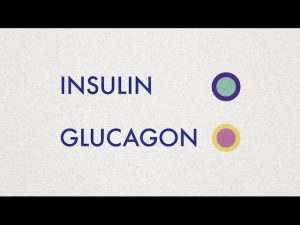
Insulin and Glucagon – Simple Animation

Asanas Meaning And More Asanas Video – 2

Top 4 Protein Powders | Health and Fitness Tips | Guru Mann
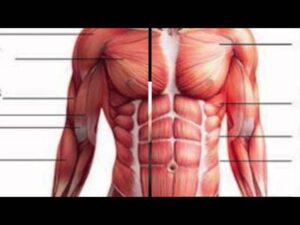
Why is water important for our bodies?

Swedish Massage Video – 4
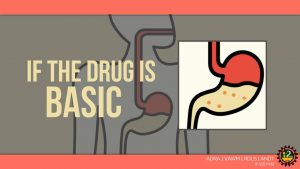
Oral Route of Administration

Chifferi Pasta made interesting in 4 delicious ways – Del Monte Pasta

The Post-Workout Anabolic Window (MYTH BUSTED with Science)
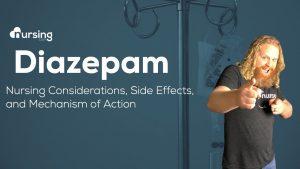
Diazepam Nursing Considerations, Side Effects, and Mechanism of Action Pharmacology for Nurses
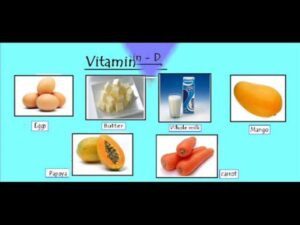
Vitamins and sources
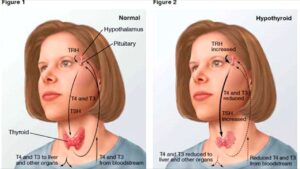
Endocrine System Song
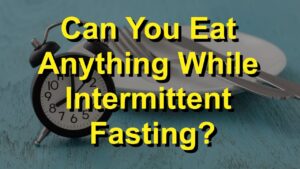
Intermittent Fasting & Fasting Video – 5
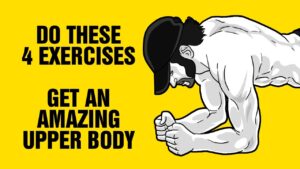
Build An Amazing Upper Body With This Push-Up Workout – Just 4 Exercises
Latissimus Dorsi Bent Over Row-10

9 Nutrition Rules for Building Muscle | Jim Stoppani’s Shortcut to Strength

Anabolic-Catabolic Cycles of Life
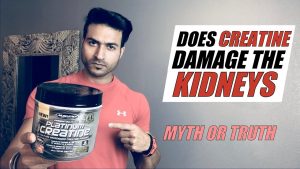
Does CREATINE Damage the KIDNEY | Myth or Truth? Deep Explanation by Guru Mann

Lateral Raises-1

Love Psychology Video – 1

Aerobic exercise for beginner

Pharmaceutical And Laboratory Equipment

Causes Of Vomiting In Babies – How To Overcome

20 Foods to avoid while breastfeeding

Keto Diet, Keto Foods, Keto Recipes Video – 27

What Is a Bone Density Scan?
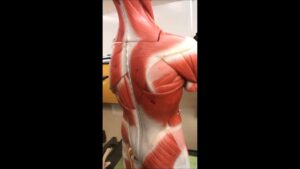
Torso muscles origin/insertion

Cardiac Nutrition Video – 2

Glute Bridge Workout for Bigger, Rounder, Stronger Glutes!

When To Take BCAA Supplement?

Vegans Starting To Get High Cholesterol?! Why?
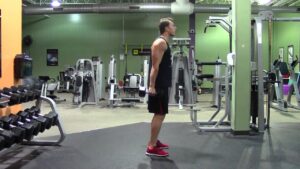
Dumbbell Hammer Curl – HASfit Biceps Exercise – Dumbbell Bicep Exercises
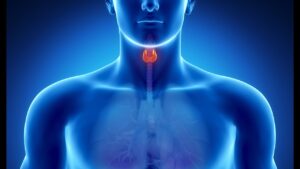
Endocrine System

